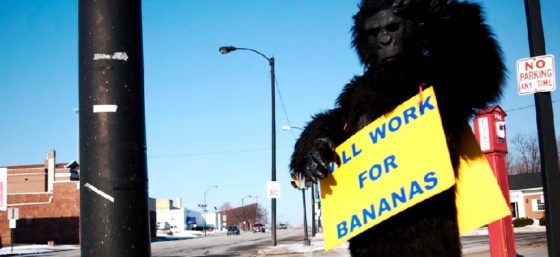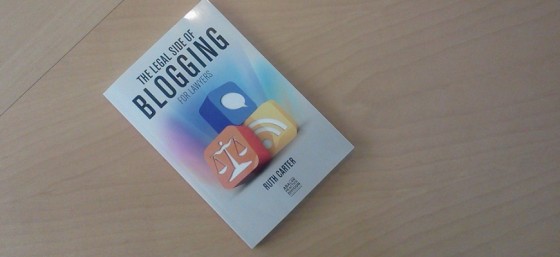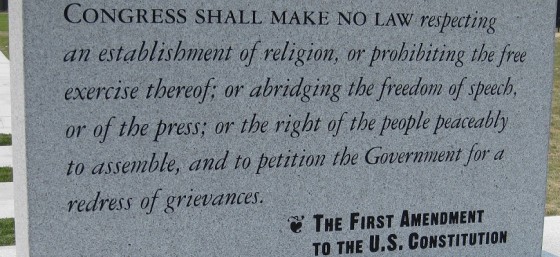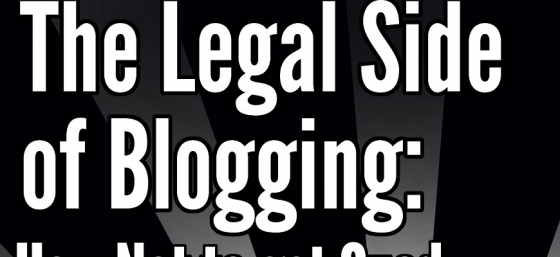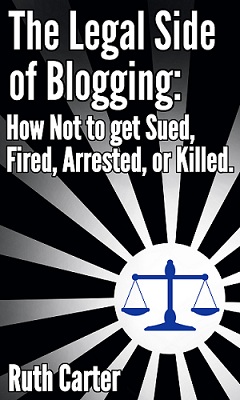Last week, the U.S. Copyright Office announced that it is raising its fees to register your work. Effective May 1, 2014, the cost to register a single work or a collection of works using their online system will go up from $35.00 to $55.00 per application. For those of you who are old school and prefer to register your work by mail, the fee will go up from $65 to $85.
So if you have projects that you were planning on registering with the Copyright Office, now would be a really good time to get them done. You only have to get your application in before May 1st; it may take the Copyright office until after May 1st to process it.
There is one piece of good news in the fee hike announcement. The U.S. Copyright made an exception for individuals who are registering single works that are not “works made for hire.” If you are a photographer, writer, or some other artist and you want to register you works individually, your filing fee will remain at $35 per application.
I had a question about this exception because I know many artists who create a lot of works that are not works made for hire, but they do it under an LLC for liability and tax purposes. I called the Copyright Office and they confirmed that you only qualify for the $35 fee if you register as an individual person. If you register your work under your business name, you have to pay $55 per application, even if you are the only person in the business.
The only things that are changing on May 1st are the Copyright Office’s fees. The rest of the copyright laws have remained the same.
To qualify for a copyright, you need an original work of authorship that is fixed in any tangible medium. When you have a copyright, you have the exclusive right to control where your work is copied, distributed, displayed, performed, and what derivative works can be made from it. You get these rights the moment your work is created, even if you never register it with the Copyright Office and even if you don’t put a copyright notice on your work – i.e. “© [Copyright Owner’s Name] [Year].” If you register your work, your registration provides the presumption of ownership and validity of your copyright rights. If you ever want to sue for copyright infringement when someone steals your work, you must register your work with the U.S. Copyright Office first.
If you want to talk more about copyright, copyright registration, or intellectual property strategy, connect with me on Twitter, Facebook, YouTube, LinkedIn, or you can email me. If you post your original work online, I strongly recommend you check out the many chapters on copyrights in my books:
- The Legal Side of Blogging: How Not to get Sued, Fired, Arrested, or Killed
- The Legal Side of Blogging for Lawyers
Please subscribe to the Carter Law Firm newsletter and visit my homepage for more information about Carter Law Firm.


